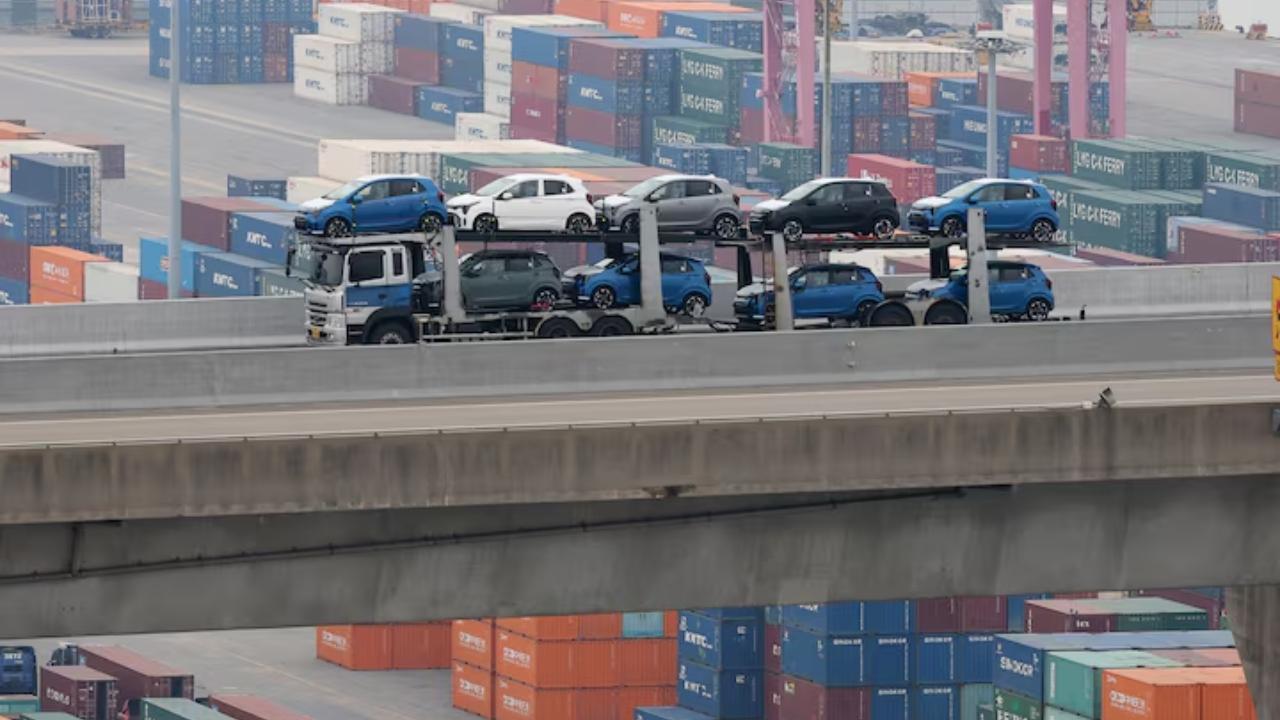
Post by : Monika
Photo: Reuters
In the beginning of August 2025, South Korea’s Industry Minister Kim Jung-kwan said that the country is still in talks with the United States to confirm exactly when a planned tariff cut on car exports will start. The U.S. had earlier agreed to reduce tariffs on South Korean cars from 25% to 15%, but the final timing has not been agreed upon yet.
This planned tariff cut was announced by President Donald Trump as part of a trade deal between the U.S. and South Korea. Although the change was expected to begin on Thursday, South Korean officials say they are still waiting for more details from Washington.
Companies like Hyundai and Kia are hoping the cut starts soon so they don’t fall behind Japanese and European carmakers who compete in the U.S. market.
Why Is This Important for Car Makers?
In 2024, South Korea exported about $35 billion worth of cars to the U.S., which is almost half of all the country’s car exports. A 25% tariff (tax on imported goods) made South Korean cars more expensive in the U.S., making it harder to compete with carmakers from other countries.
A quick cut to 15% tariffs would help reduce the cost pressure on Hyundai and Kia. That would help them keep their prices attractive and protect their market share in the U.S.
What Else Was in the Trade Deal?
Even though the two countries agreed on many points, there are still a few issues to work out. One example is the rules for importing American fruits and vegetables, which the U.S. thinks are too strict.
It’s Not Just About Tariffs
Earlier, the U.S. had threatened to raise auto tariffs to 25% on many imported cars, which caused a lot of concern in South Korea. The government and carmakers warned that such high tariffs could lead to serious damage to the auto industry.
South Korea Offers Emergency Help
Agriculture and Quarantine Still in Talks
The trade deal did not include changes to South Korea’s rules about importing U.S. agricultural goods like beef or rice. However, both countries agreed to improve the inspection process for U.S. fruits and vegetables.
The U.S. believes that South Korea’s rules are too slow, and this creates problems for American farmers. Finance Minister Koo Yun-cheol said South Korea will work to make the process faster and based on science, to help reduce trade tensions.
Japan Also Wants Tariff Relief
At the same time, Japan also sent its top trade negotiator, Ryosei Akazawa, to the U.S. His goal is to ask President Trump to cut tariffs on Japanese cars too. Japan’s carmakers are also feeling pressure and want to be treated equally.
What Still Needs to Be Discussed?
United States
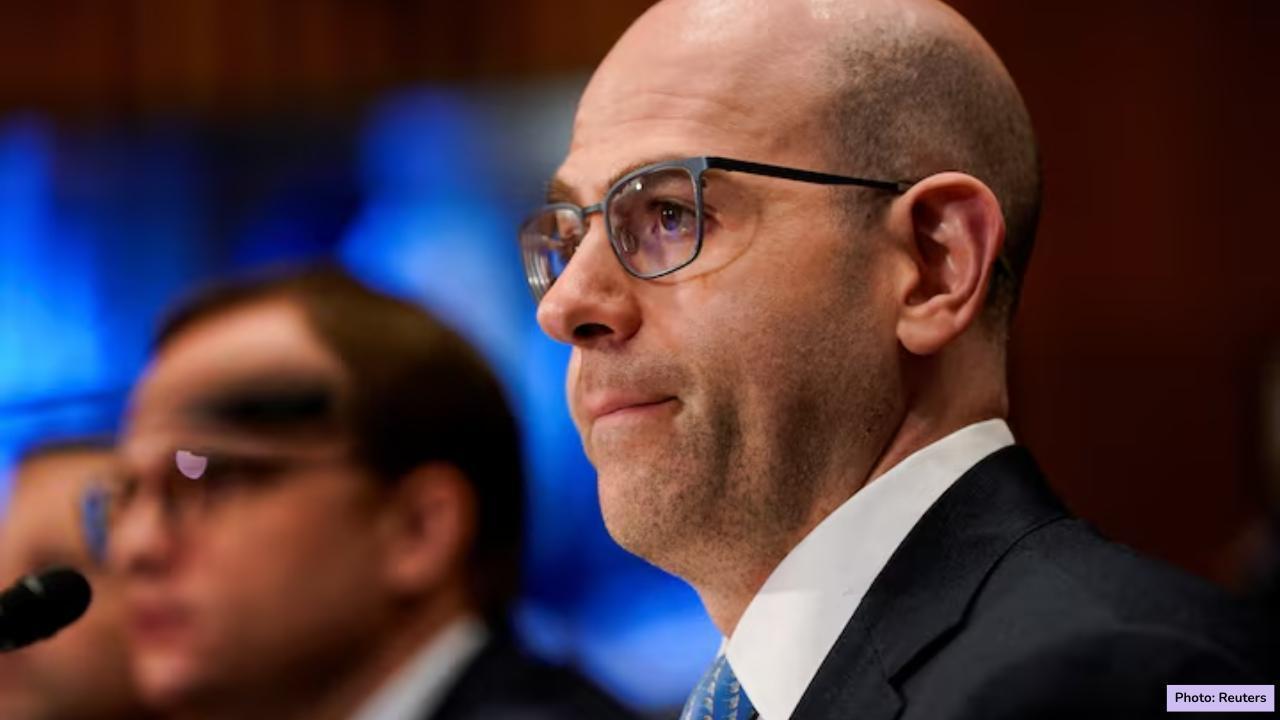

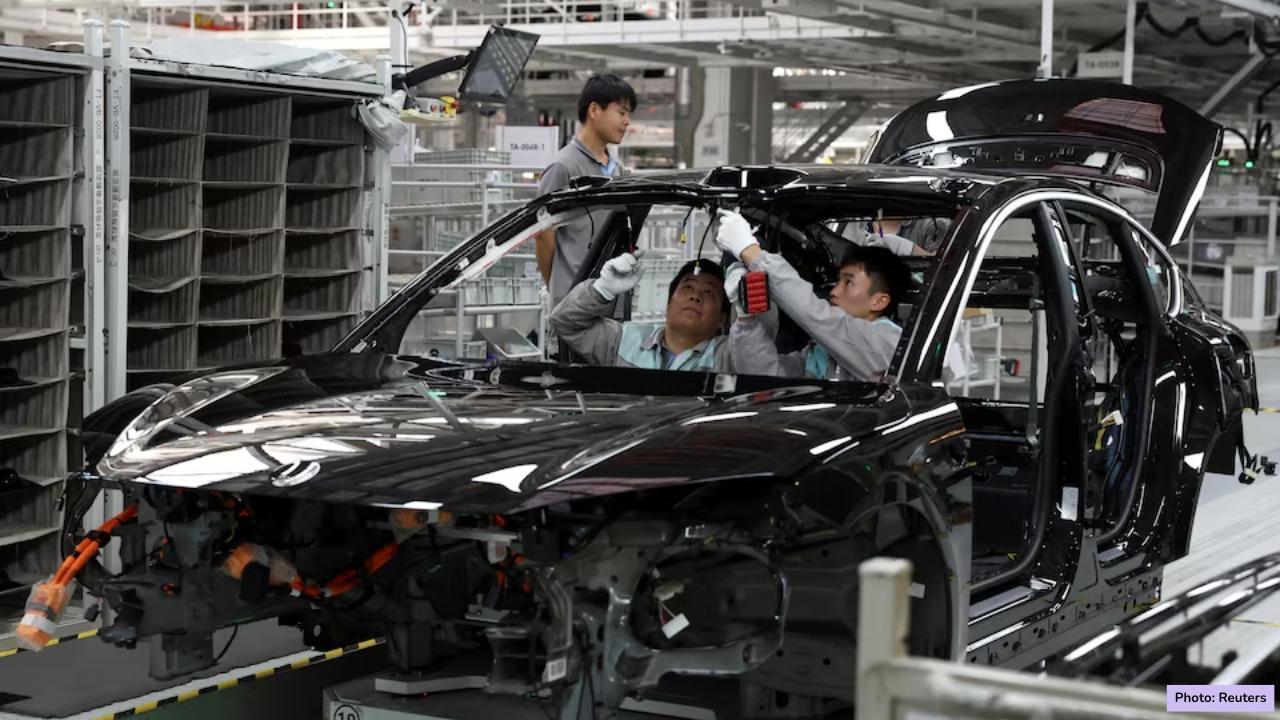
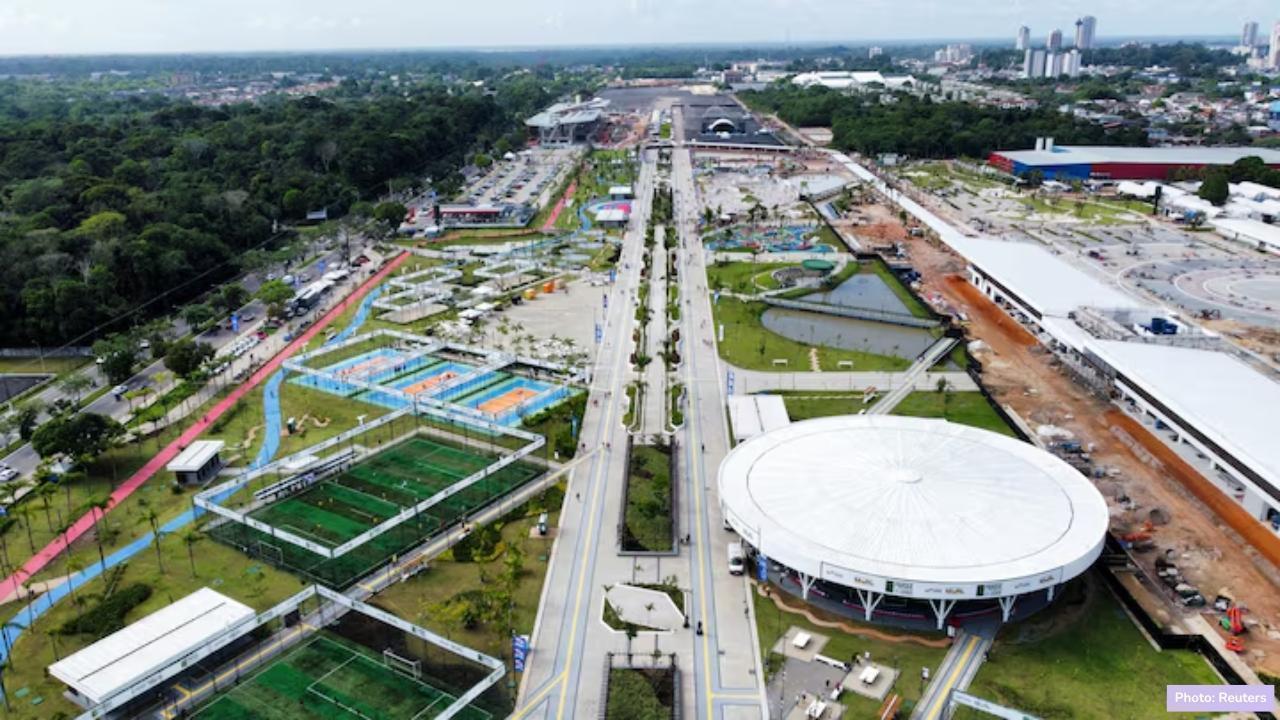
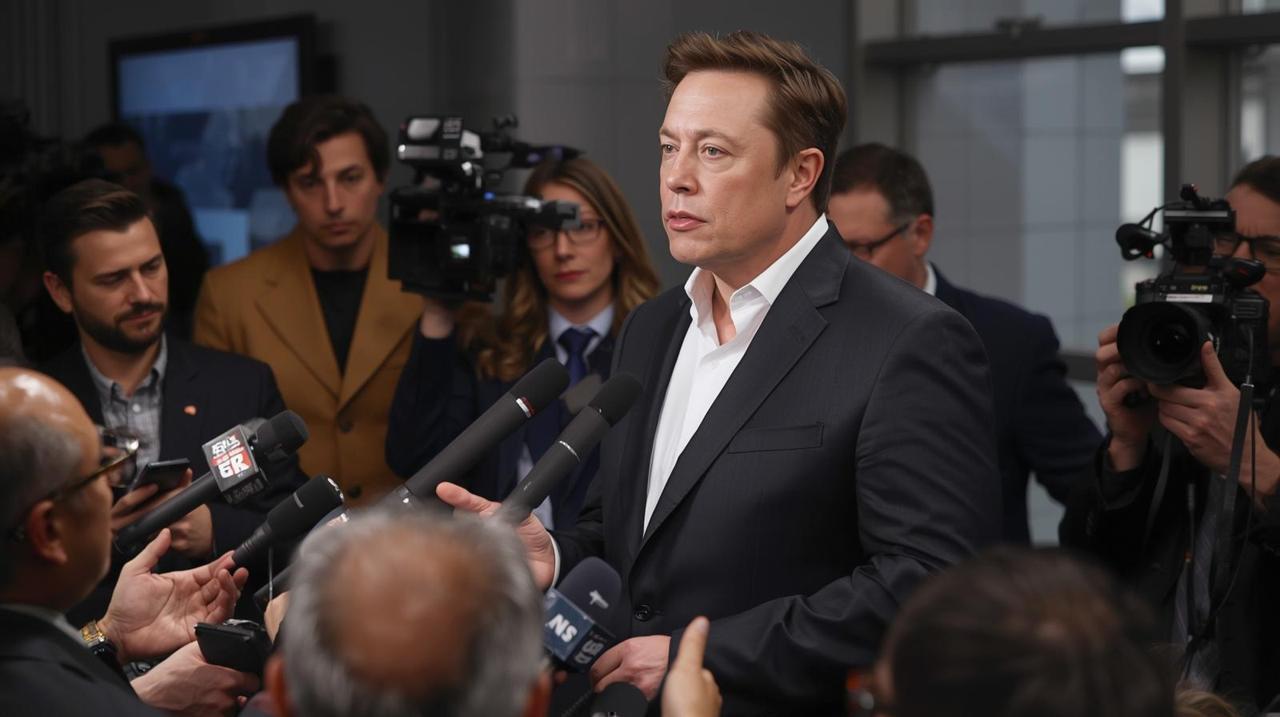





Fed's Miran's Calculation May Overstate Immigration's Impact on Inflation
Experts question Federal Reserve Governor Miran’s claim that reducing immigration will significantly

China's Industrial Profits Grow by 0.9% in Early 2025
China's industrial profits increased by 0.9% from January to August 2025, showing signs of recovery

COP30 Urged to Address Climate Justice and Historical Injustices
Over 240 organizations call on COP30 to link climate justice with reparations for historical wrongs

Tropical Storm Bualoi Hits Philippines: 10 Dead, Thousands Displaced
Tropical Storm Bualoi has caused severe flooding and landslides in the Philippines, leading to at le

ICE Actions Spark Protests and Concerns in U.S. Cities
Recent ICE operations in New York, Chicago, and Boston have led to public outcry, with incidents of

Sarkozy’s Jail Sentence Sparks Debate on Political Justice in France Ahead of Le Pen Appeal
Former President Nicolas Sarkozy jailed 5 years for illegal Libya campaign funds, sparking debate on